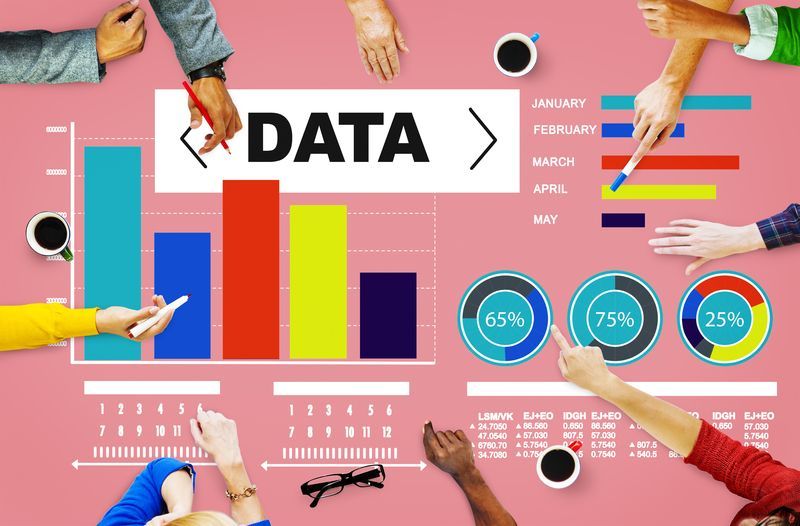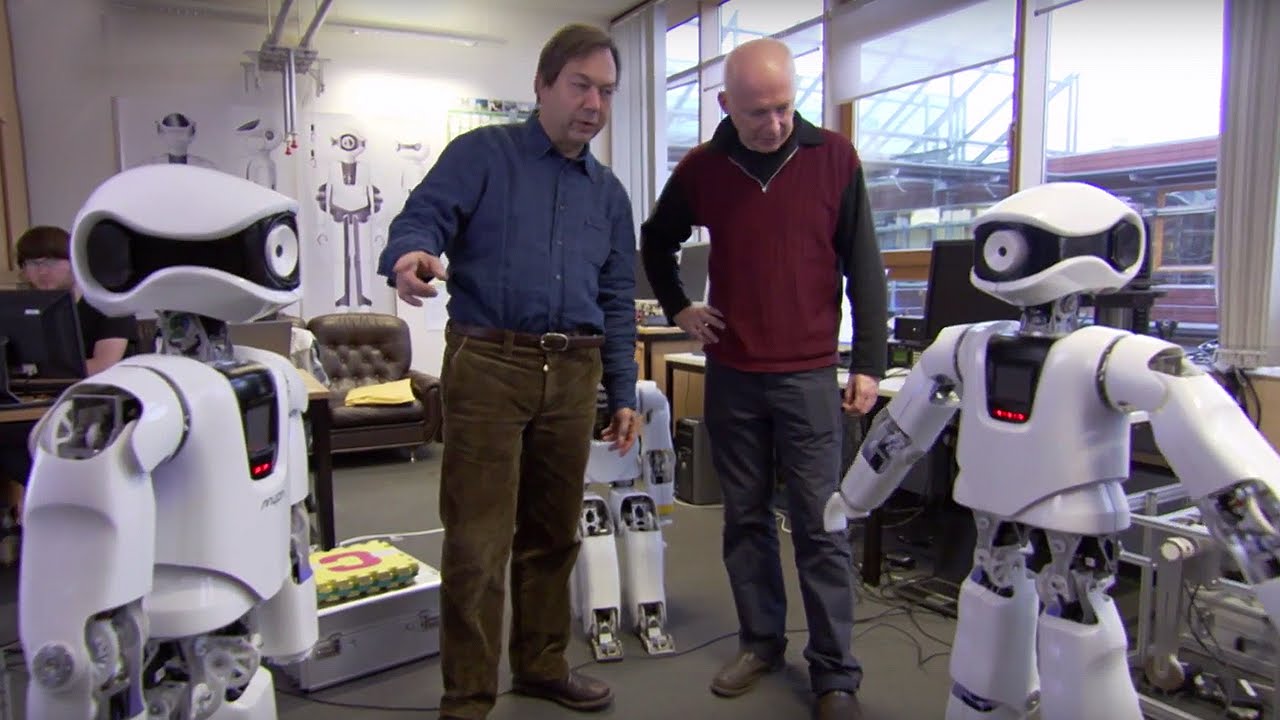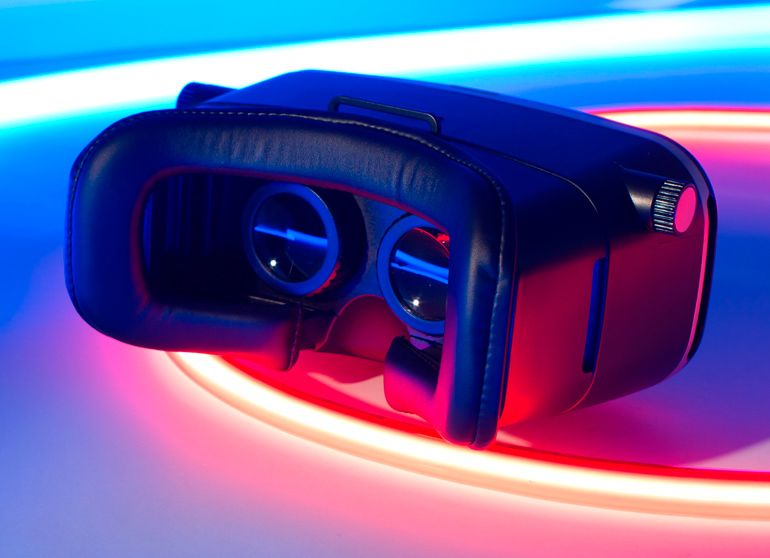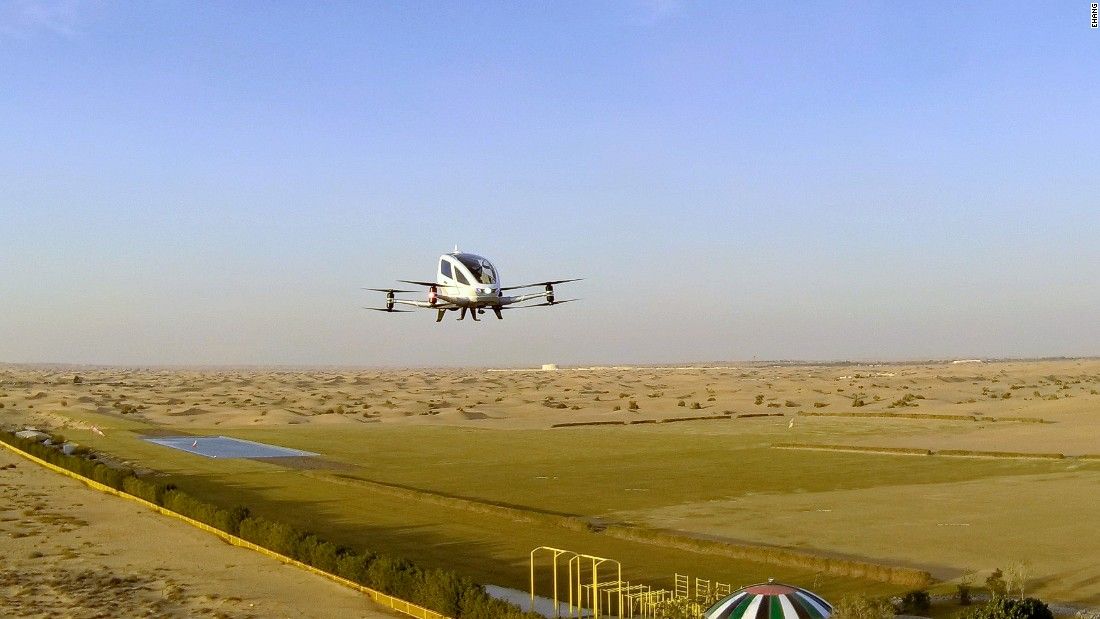Big data budgets now rival CRM software.
The workplace is going to look drastically different ten years from now. The coming of the Second Machine Age is quickly bringing massive changes along with it. Manual jobs, such as lorry driving or house building are being replaced by robotic automation, and accountants, lawyers, doctors and financial advisers are being supplemented and replaced by high level artificial intelligence (AI) systems.
So what do we need to learn today about the jobs of tomorrow? Two things are clear. The robots and computers of the future will be based on a degree of complexity that will be impossible to teach to the general population in a few short years of compulsory education. And some of the most important skills people will need to work with robots will not be the things they learn in computing class.
There is little doubt that the workforce of tomorrow will need a different set of skills in order to know how to navigate a new world of work. Current approaches for preparing young people for the digital economy are based on teaching programming and computational thinking. However, it looks like human workers will not be replaced by automation, but rather workers will work alongside robots. If this is the case, it will be essential that human/robot teams draw on each other’s strengths.
CUBAN: The robots are coming
Posted in employment, robotics/AI
Billionaire entrepreneur Mark Cuban’s prediction for the future of the workforce includes more robots and less human workers.
“We’re about to go into a period with artificial intelligence, machine learning, deep learning, those things where we literally are going to see a change in the nature of employment,” Cuban said in an interview with CNN’s Jake Tapper.
In that same interview, he criticized President Trump’s leadership skills before calling Trump “technologically illiterate.”
““I see a much larger opportunity for collaboration, not just between the universities, but between the universities and the industry.””
“While most people focus on the compute and graphics requirements for virtual reality, storage is the bigger problem going forward.”
For people interested or working on Crispr related stuff.
*Benefits of performing arrayed CRISPR RNA (crRNA) screening.
*How to setup a successful arrayed crRNA screen.
*Examples of functional analysis assays for arrayed screening.
A few ideas on self-awareness and self-aware AIs.
I’ve always been a fan of androids as intended in Star Trek. More generally, I think the idea of an artificial intelligence with whom you can talk and to whom you can teach things is really cool. I admit it is just a little bit weird that I find the idea of teaching things to small children absolutely unattractive while finding thrilling the idea of doing the same to a machine, but that’s just the way it is for me. (I suppose the fact a machine is unlikely to cry during the night and need to have its diaper changed every few hours might well be a factor at play here.)
Improvements in the field of AI are pretty much commonplace these days, though we’re not yet at the point where we could be talking to a machine in natural language and be unable to tell the difference with a human. I used to take for granted that, one day, we would have androids who are self-aware and have emotions, exactly like people, with all the advantages of being a machine—such as mental multitasking, large computational power, and more efficient memory. While I still like the idea, nowadays I wonder if it is actually a feasible or sensible one.
Don’t worry—I’m not going to give you a sermon on the ‘dangers’ of AI or anything like that. That’s the opposite of my stand on the matter. I’m not making a moral argument either: Assuming you can build an android that has the entire spectrum of human emotions, this is morally speaking no different from having a child. You don’t (and can’t) ask the child beforehand if it wants to be born, or if it is ready to go through the emotional rollercoaster that is life; generally, you make a child because you want to, so it is in a way a rather selfish act. (Sorry, I am not of the school of thought according to which you’re ‘giving life to someone else’. Before you make them, there’s no one to give anything to. You’re not doing anyone a favour, certainly not to your yet-to-be-conceived potential baby.) Similarly, building a human-like android is something you would do just because you can and because you want to.









